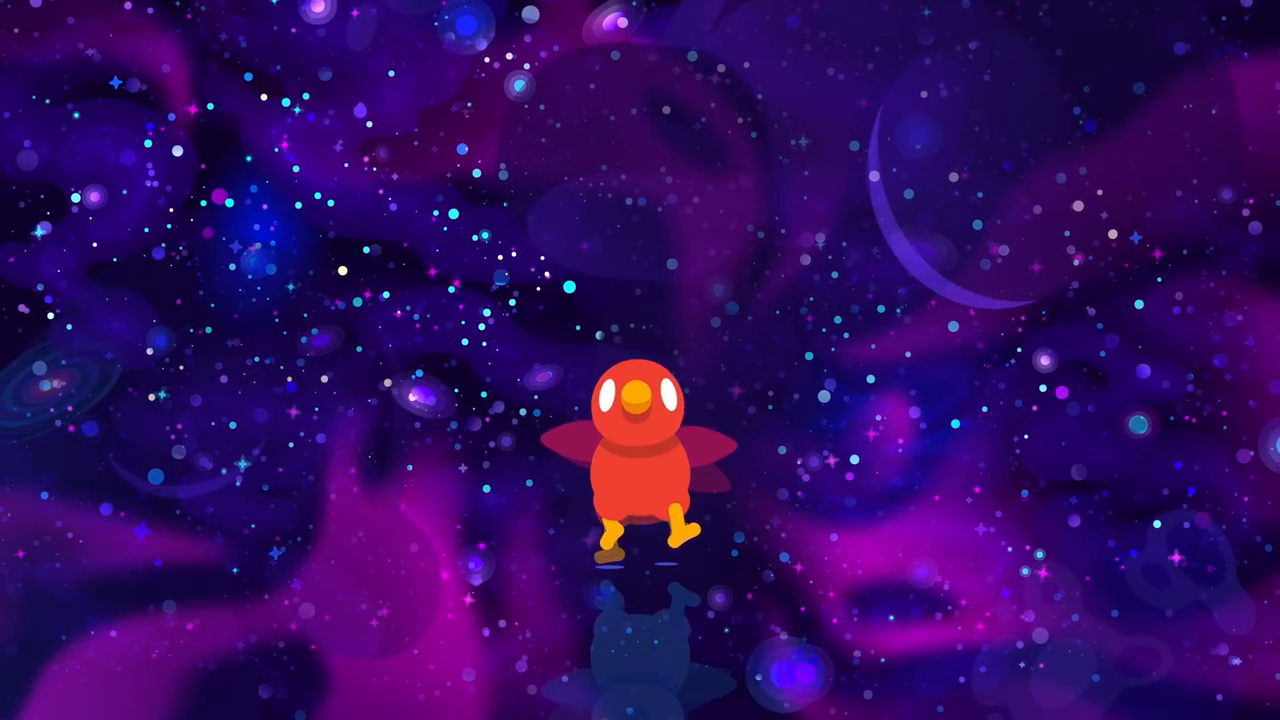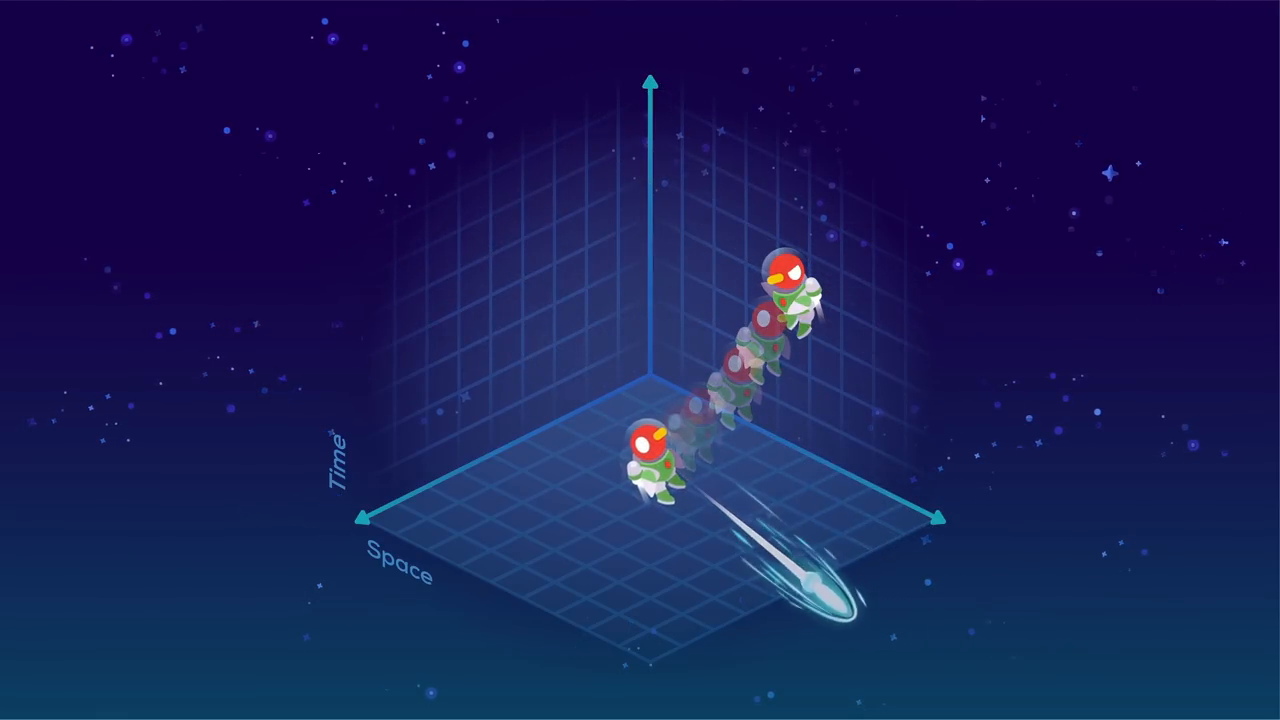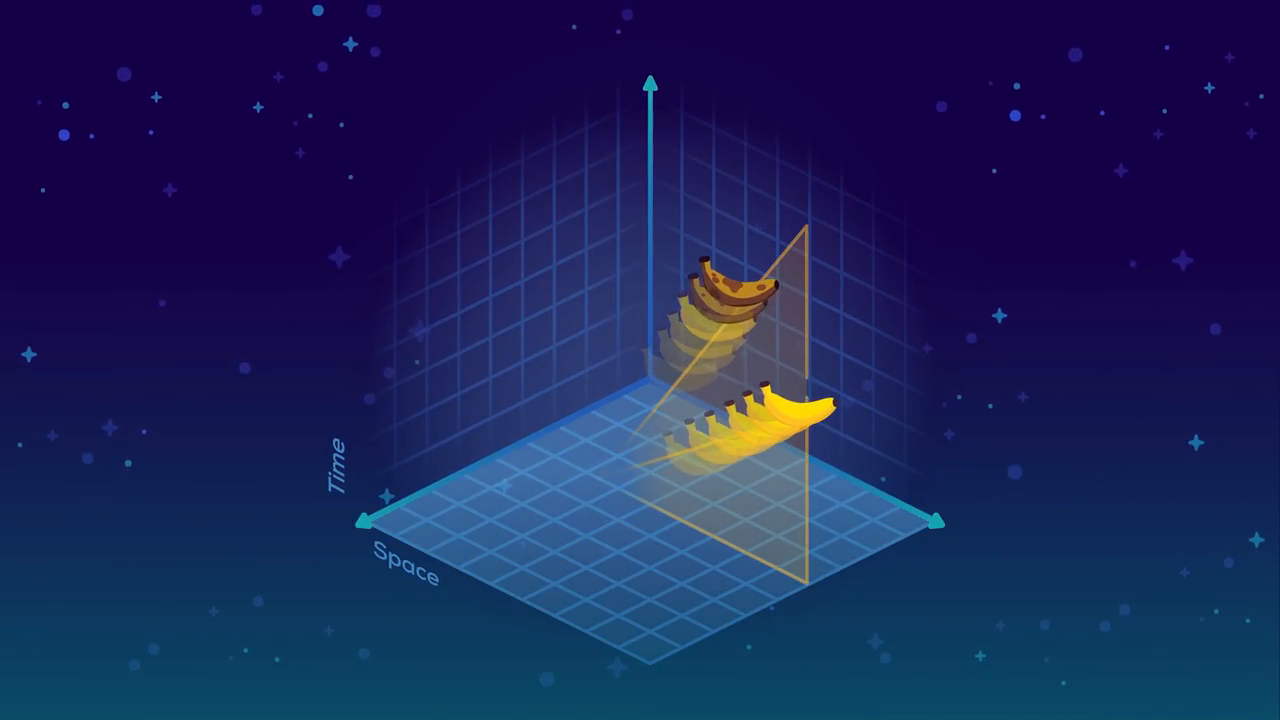Time Travel: The Possibility and Paradoxes
As we go about our daily lives, we are all traveling through time, moving forward one second every second. Congratulations, you're a time traveler, albeit a bit of a lame one. To get to the fun, real time travel, we need to explore the concept of time and space.
Introduction to Time and Space
Time isn't really a thing that passes, but a dimension, a direction you can move in. We think our universe is four-dimensional, with three spatial and one time dimension, all smushed together into a fancy thing we call spacetime. What you experience as time passing and your life happening is actually you moving through the time dimension. This dimension is a bummer, as while you can go forward, backward, left, right, up, and down in the space dimensions, in time, you can only go forward. You can only get older, never younger.
 Click to watch the video from the start
Click to watch the video from the start
The Speed of Light and Time Dilation
Everything in our universe moves at the same breathtaking speed, but this speed is split between space and time, which leads to all sorts of wacky things. The theory of relativity states that as you move faster through space, you slow down in time. This is known as time dilation. If you move really fast through space, you can travel to the future. The faster you move, the slower time passes for you relative to someone who is standing still.
 Watch the explanation of time dilation
Watch the explanation of time dilation
The Twin Paradox
A classic thought experiment to demonstrate time dilation is the twin paradox. One twin is forced into a rocket and shot through space at high speed, while the other twin stays on Earth. When the rocket twin returns, they will have aged less than the Earth twin, due to time dilation. This might seem like weird physics magic, but it's a simple consequence of moving faster through space and slower through time.
Time Travel to the Future
It's possible to time travel to the future by going fast or near a black hole. The closer you get to the event horizon of a black hole, the slower time passes for you relative to the rest of the universe. If you were to move into a strong gravitational field, time would pass slower for you than for someone outside the field. This means that you could travel to the future, but it would require a lot of energy and technology that we don't currently possess.
 Learn about time travel to the future
Learn about time travel to the future
Time Travel to the Past
The theory of relativity does not forbid faster-than-light motion through space, which means that it's theoretically possible to move through the time dimension with negative speed, effectively going backwards in time. However, this would require the existence of particles called tachyons, which are still purely theoretical. Even if tachyons do exist, it's unclear how they would behave or how we could use them to travel through time.
 Explore the possibility of time travel to the past
Explore the possibility of time travel to the past
The Limitations of Time Travel
Unfortunately, time travel, whether to the future or the past, is still largely theoretical and poses many paradoxes and challenges. The energy required to reach the speed of light is literally infinite, making it impossible to accelerate an object to that speed. Additionally, the existence of tachyons is still purely theoretical, and even if they do exist, it's unclear how we could use them to travel through time.
 Understand the limitations of time travel
Understand the limitations of time travel
Conclusion and Practical Applications
While time travel may be impossible, there are still many practical applications of the concepts discussed in this article. For example, understanding time dilation and relativity can help us better appreciate the complexities of space travel and the challenges of exploring the universe. Additionally, the study of time and space can lead to new discoveries and innovations in fields such as physics, mathematics, and engineering.
 Learn about the practical applications of time travel concepts
Learn about the practical applications of time travel concepts
By exploring the possibilities and paradoxes of time travel, we can gain a deeper understanding of the universe and its many mysteries. While time travel may not be possible, the study of time and space can still lead to new discoveries and innovations that can benefit humanity.

